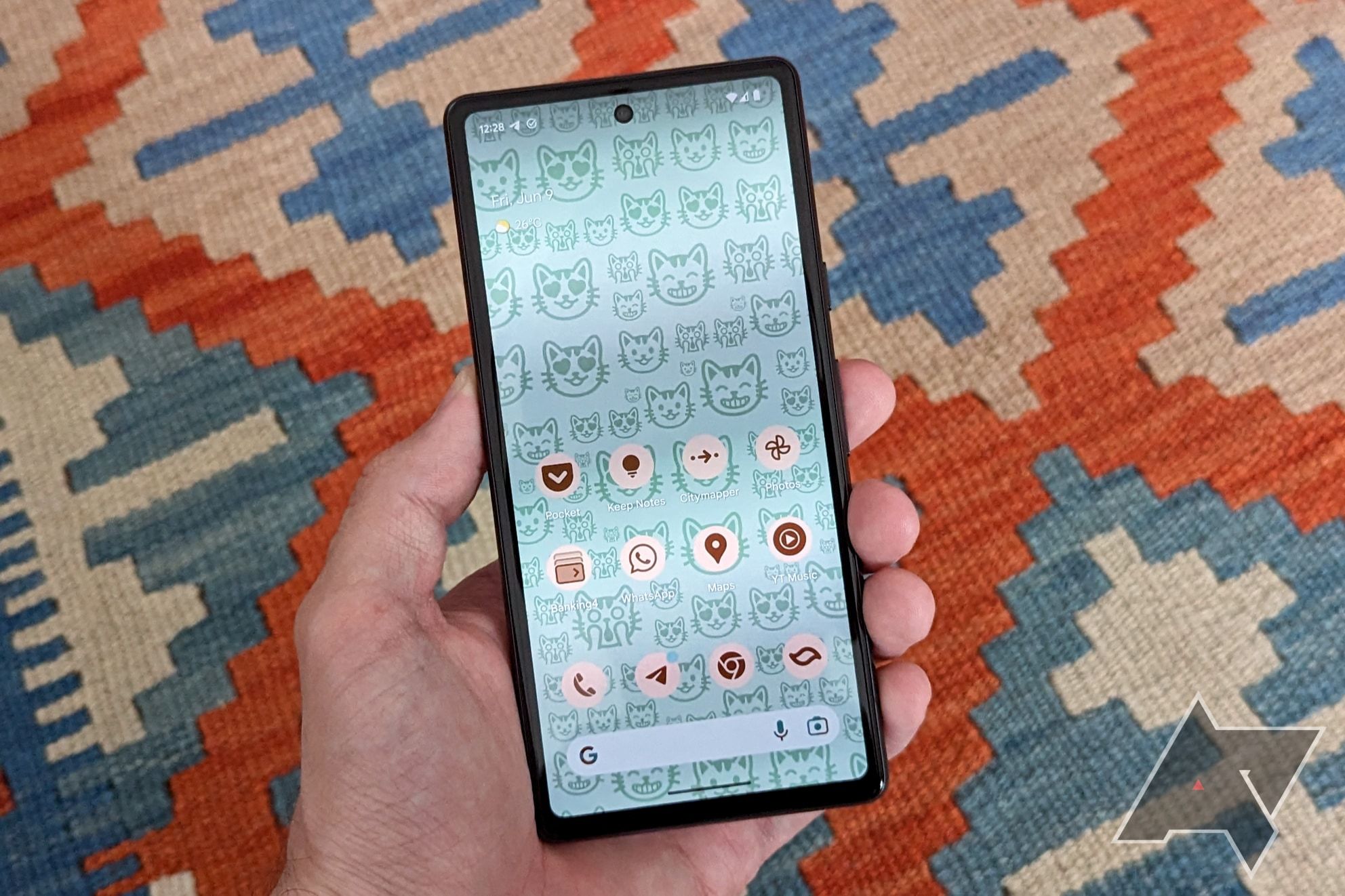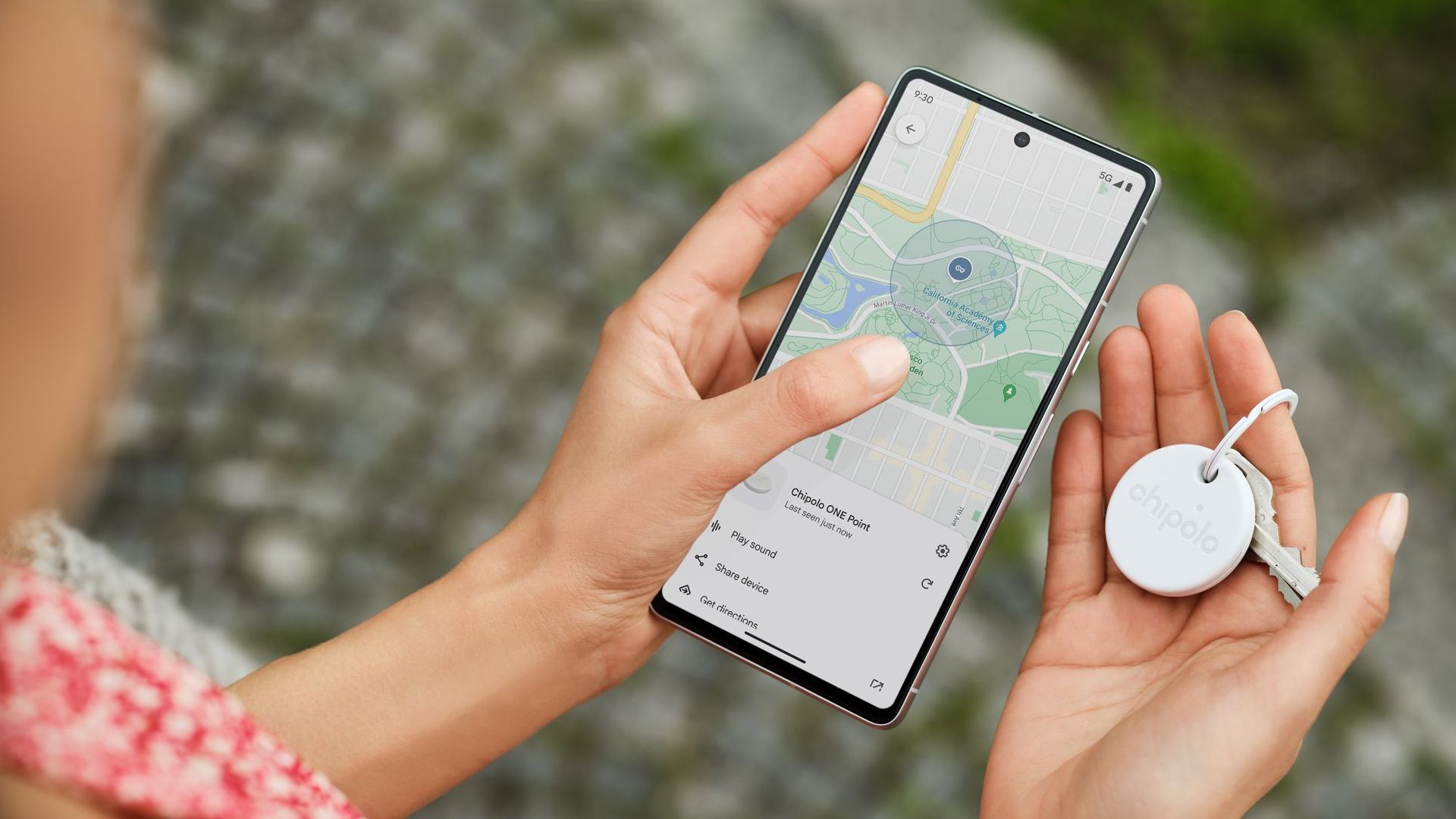Summary
- Google I/O 2023
- A Reflection on the Event and Its Impact on AI and Technology
Every year, Google takes the stage at its outdoor Shoreline Amphitheater to showcase a year’s worth of work on hardware and software alike. And while it’s ostensibly a developer’s conference, the main keynote is always chock-full of exciting announcements and surprises designed to keep gadget fans on the edge of their seats.
Of course, Google has a habit of biting off a bit more than the company can chew, often showcasing tools or software features years away from a stable launch. With Google I/O 2024 around the corner, it’s worth looking back at last year’s keynote to see what did — and didn’t — live up to our expectations.

What to expect at Google I/O 2024
Last year’s I/O was all about AI, and we expect Google to double down on it this year
A mountain of new hardware products
Don’t expect the same in 2024
We’ll kick off this retrospective with the trio of products Google ended the show with: the Pixel 7a, the Pixel Tablet, and the Pixel Fold. The company doesn’t always announce hardware at I/O, but when it does, it tends to go all-in. In 2023, Google expanded its lineup of Tensor G2-powered hardware to include two new phones and a new tablet, but not every product was worth its asking price.
Pixel 7a
Google practically did a day-and-date announcement for the Pixel 7a, releasing the phone a day after its unveiling on-stage. This A-series phone came with a price hike up to $500, but it also leaned further into its Pixel 7 inspirations. A 90Hz display and wireless charging helped make the price sting a little bit, but it was so close to the Pixel 7’s $600 MSRP that, unless the device was on sale, it didn’t make much sense to spring for the budget option.
The Pixel 7a’s successor, the Pixel 8a, is currently available for pre-order and will arrive on store shelves on May 14th, the same day as this year’s keynote.

Google Pixel 8a
The Pixel 8a wants you to forget the Pixel 8 ever existed. With some crucial upgrades over its predecessor, including a brighter display, faster processor, and larger battery, Google’s latest mid-range smartphone is the perfect combo of speed and AI smarts. And with seven years of OS upgrades, it’s the longest lasting $500 smartphone you can find today.
Pixel Tablet
First shown off at Google I/O 2022, the Pixel Tablet took over a year from its initial announcement to hit store shelves. We learned all about the company’s first Pixel-branded slate on stage last year, and even got to experience its specialized docking station after the show. Unfortunately, the Pixel Tablet was a bit overpriced for the performance it delivered, and the dock itself disappointed with its lack of Cast-enabled hardware.
While we still don’t know when (or if) a successor is coming, Google did just announce a dockless variant for $400 ahead of I/O. It’s too bad Apple undercut its pricing an hour before preorders went live.
Pixel Fold
Google’s first foldable launched on June 28th, 2023, after being shown off as the closer to the main I/O keynote. Despite the promise of a Pixel-quality camera on a folding phone, the Pixel Fold feels like first-gen hardware in a way its closest competition does not. While we don’t expect to see the Pixel Fold 2 arrive at I/O this year, it does seem like Google is going an entirely new direction design-wise. Hell, some rumors indicate the Fold 2 might be an official part of the Pixel 9 series this fall — only time will tell.

Google Pixel Fold 2: News, leaks, rumored price, and release window
This year’s Pixel Fold successor might be all new, right down to its very name
More updates to Android — and Pixel — than you might remember
Especially centered on customization
Although it didn’t feel like it at the time, Google actually did demo plenty of Android features on stage — especially surrounding customization. We saw emoji and cinematic wallpapers set for June’s Pixel Feature Drop alongside new lock screen styles and AI-generated wallpapers for Android 14, and all of those arrived right on cue. Unfortunately, though, Google’s AI background tool remains locked to the Pixel 8 series, despite the company having previewed it on stage using a Pixel 7 Pro. Bummer.
What didn’t arrive on time, though, was Google’s Find My Device network. This got a huge round of applause at I/O last year, thanks to both rivaling what Apple devices support with AirTags and because of support for unknown tracker alerts. And while those alerts did meet their summertime launch window, Find My Device was delayed in late July — and, for a while, went totally silent.
It wasn’t until April of this year, nearly a full twelve months after its announcement, that Google got Find My Device off the ground, and even then, it’s been a bit of a rocky start. Unexpected tracker price hikes, slow shipping speeds, and a classic Google slow rollout have made it so that, as we approach yet another I/O keynote, Find My Device still isn’t what was promised in 2023.
Thankfully, Google’s been better about the rest of its Android-based announcements. Magic Compose came to Gboard in beta just a couple of weeks after its on-stage demo, while Magic Editor in Photos launched as a Pixel 8-series exclusive in the fall. And just a month ago, Magic Editor rolled out to every Google Photos user, though most non-Pixel devices only get ten saves per month.
So, so much AI
And you know we’re getting even more this year
Okay, no more beating around the bush. The bulk of last year’s I/O conference — and, indeed, likely the bulk of this year’s forthcoming conference — focused on AI tools. Looking back at I/O 2023 can be a little confusing in the cold, harsh light of 2024, though, because for most of the keynote, Google keeps talking about something called “Bard.” And if you have a bad memory, well, you might be wondering what Bard even was to begin with.
But before we get to the company’s long, strange history of trying to figure out its ChatGPT competitor, let’s start with a duo of two more practical tools: Help me write, and Immersive View for routes. Both were demoed on stage by CEO Sundar Pichai right at the start of the show, and both helped to lend a little more reality to some of the more theoretical showcases we’d see later on in the presentation.
Help me write kicked off as a way to utilize generative AI to write and refine email drafts. Though initially limited to the web, it started rolling out to Android phones last June, and has only spread throughout Google’s products since. In February, we saw Help me write hit Chrome as an opt-in AI tool, extending its reach far beyond crafting well-worded emails. I wouldn’t be surprised if this tool continues to find its way to other Google apps — it certainly seems like a big hit.
Immersive View for routes, meanwhile, isn’t quite as practical in your day-to-day life — in part because it’s limited to select cities and areas — but it’s certainly a cool demo. Effectively a 3D recreation of Street View, Immersive View for routes allows you to preview your journey before hitting the road, giving you an in-depth look at tricky intersections or busy highways. I’ve only gotten to use it a couple of times, and frankly, I’ve never found it all that useful in my own life, but it remains pretty neat regardless.
From there, though, Google dove into AI madness for much of its I/O keynote, all centered around Bard. Although Bard was renamed Gemini three months ago — not to be confused with the Gemini LLM, which did get a brief tease on stage ahead of its eventual December release — most of what was discussed here still applies. Google Lens integration, Maps integration, and Sheets integration for creating spreadsheets from prompts were all demoed on stage, before the waitlist requirement for Bard was lifted near the end of the show.
And while all (or, at least, practically) all of this did carry over into the newly-rebranded Gemini, it’s still pretty funny to see Google presenting Bard as the future of the company, all while knowing it wouldn’t even last a full year after this particular keynote.
The other notable AI experience came from search, which remains a pretty controversial toolset. Google’s AI search experience made for a decent-enough presentation, turning search keywords into prompts to automatically generate roundups of information. Examples included detailed listings for dog-friendly parks and buyer’s guides for new bikes.
Frankly, I don’t think generative AI in search is remotely ready for prime time, and it remains an opt-in experiment through Google’s Labs project right now. But I wouldn’t be surprised if this changes on stage at I/O in the near future. No matter how much scrutiny Google’s search experience has been under over the last couple of years, it seems clear that the brand sees AI as the future.

Google’s AI Search experience is an utter mess I can’t stand
And it’s coming for you sooner rather than later
Google I/O 2024 is just around the corner
And we’ll be there covering it all
Of course, this isn’t everything Google talked about at I/O 2023 — it’s hard to round up two hours of announcements into a single retrospective. But on the whole, the company actually did better than expected in terms of getting both new hardware and software out the door. Aside from a couple of big whiffs — like Find My Device — and the unceremonious, unnecessarily confusing name change from Bard to Gemini, most of the things talked about on stage are available to users right now.
And with that, we’re prepared to enter Google I/O 2024. With the hardware section of the show likely nixed from the lineup, we’re look at nearly an additional thirty minutes of time that can be dedicated to other Google products. Whether that time goes to mixed reality products, a fourteenth messaging app, or, most likely, another onslaught of AI products remains to be seen. Either way, Android Police will be sitting in the Shoreline Amphitheater stands on Tuesday, May 14th, ready to see what happens next.














